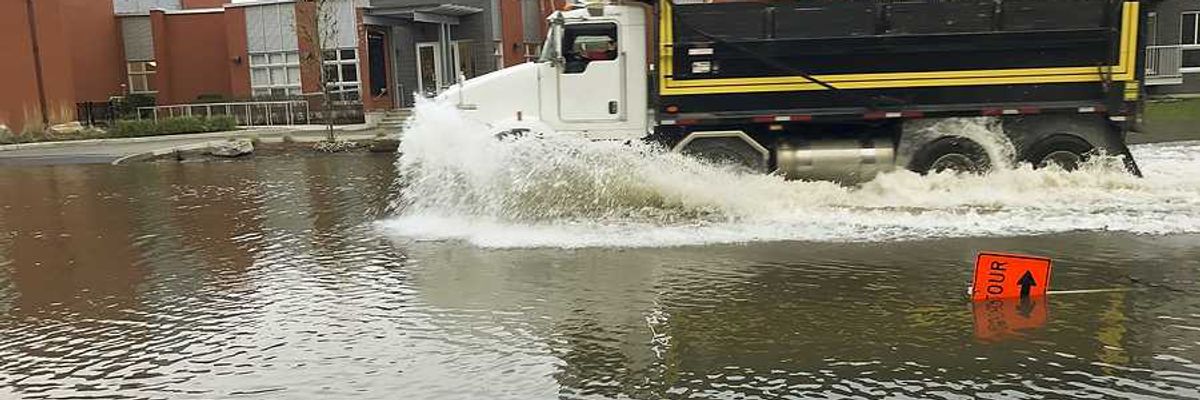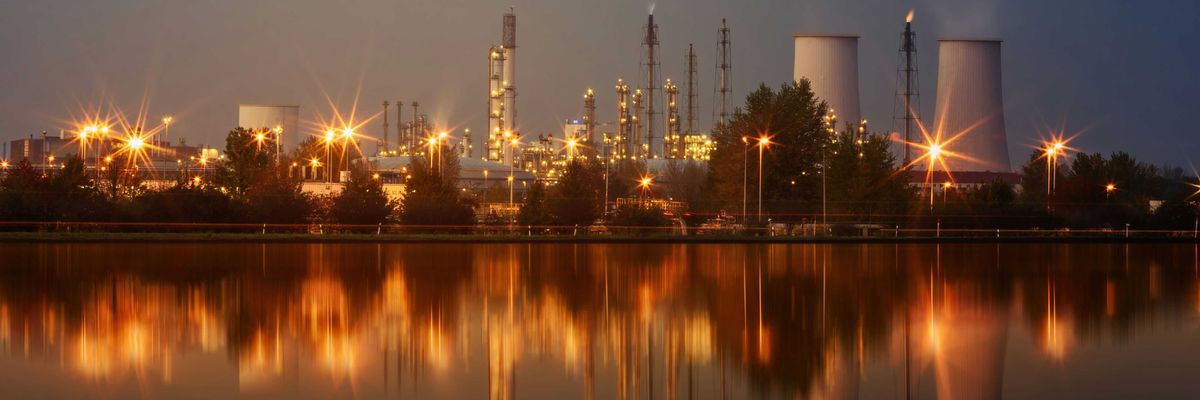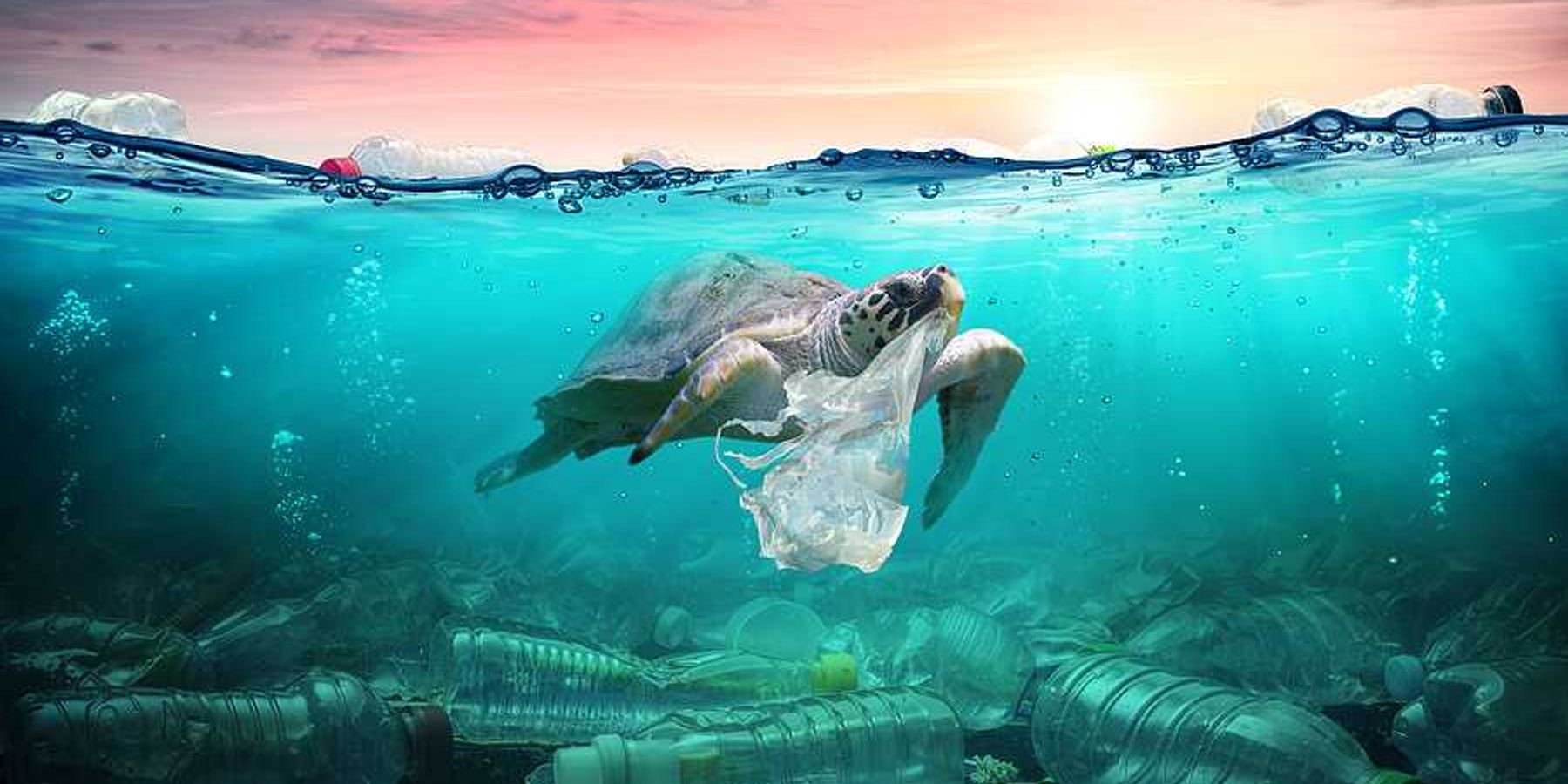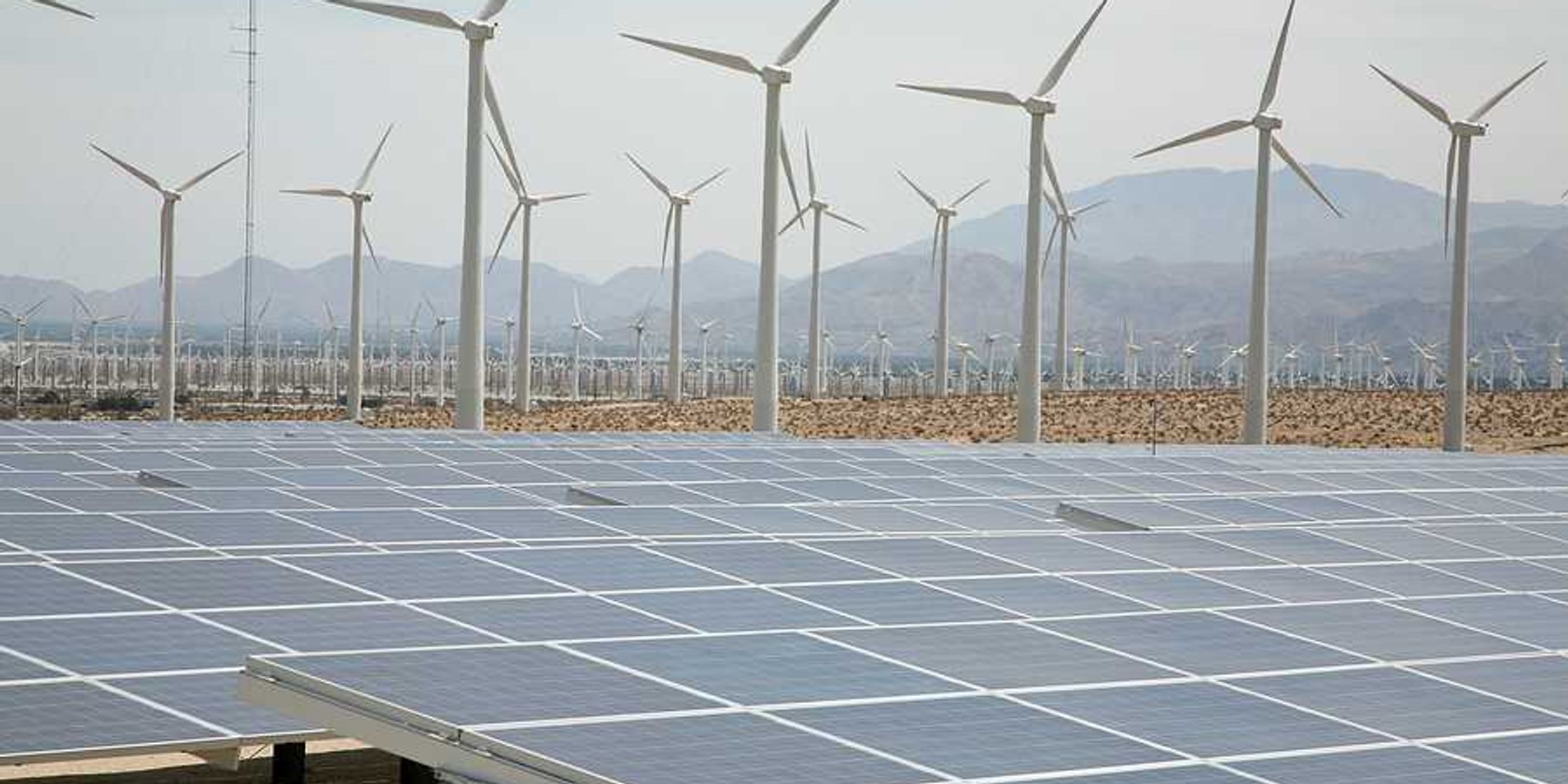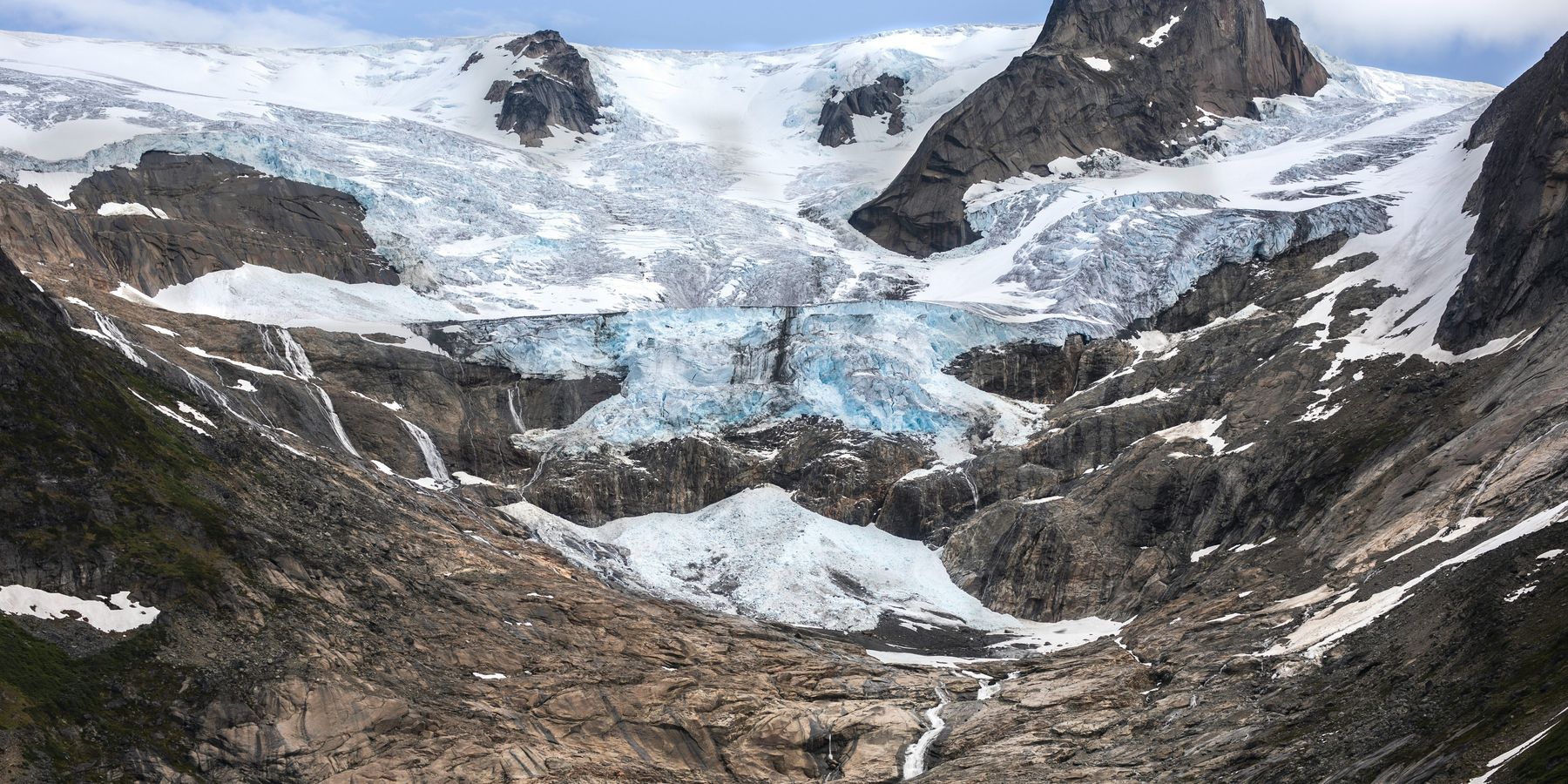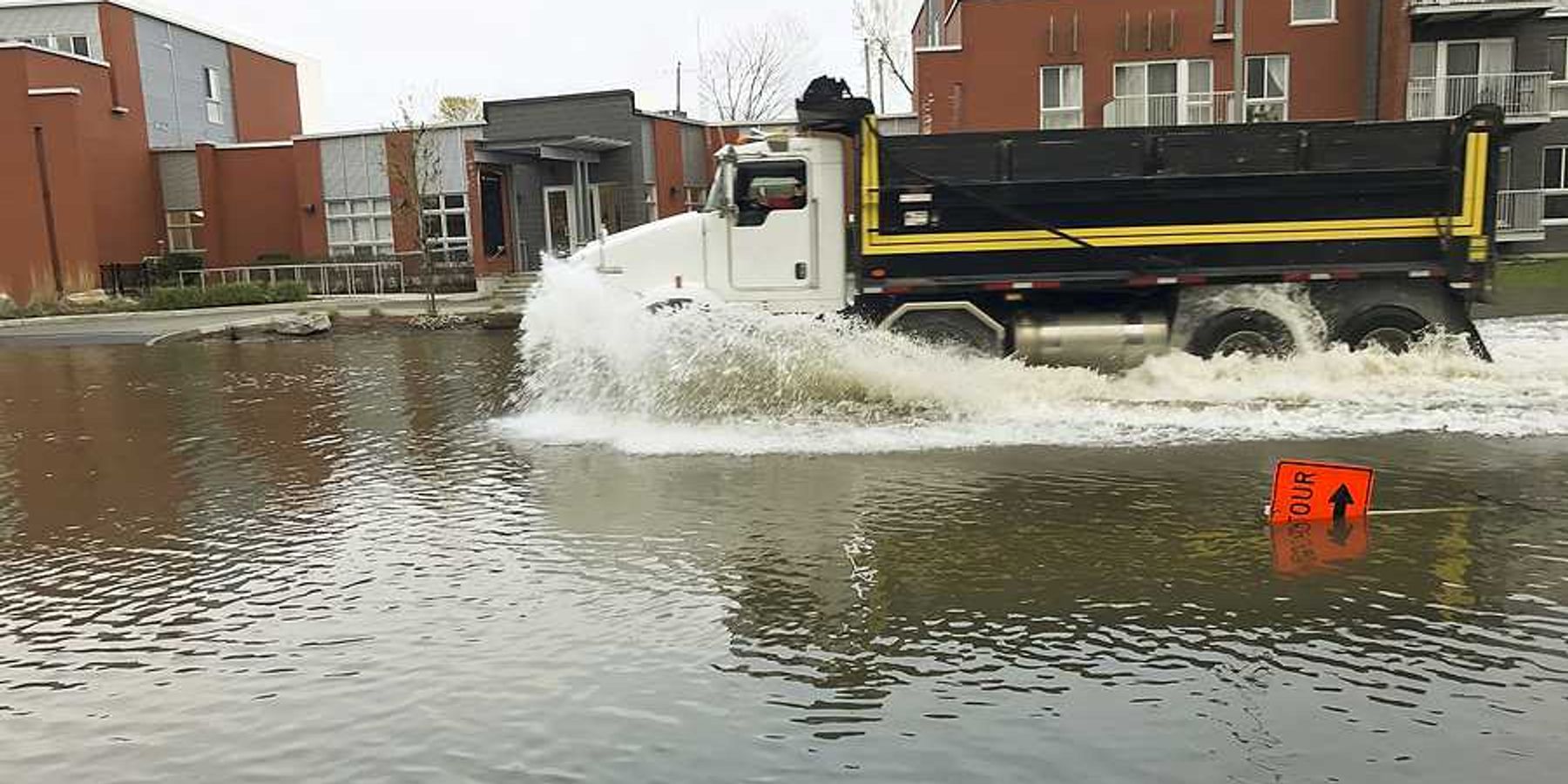environment
Scientists find IVF coral better survives marine heatwaves than older coral colonies
Young corals bred with in vitro fertilization and planted on reefs in the Caribbean have shown a remarkable ability to survive record heatwaves, outperforming older, natural coral colonies.
In short:
- A study found that 90% of IVF-bred corals remained healthy during a Caribbean heatwave, while only 25% of older corals survived.
- IVF coral uses increased genetic diversity to adapt better to rising temperatures compared to traditional cloning methods.
- Researchers emphasize the need for climate action, as frequent heatwaves threaten long-term coral survival.
Key quote:
“We need to address the underlying causes of global climate change. But I think it’s important that we’re supplementing coral populations in the meantime, because it might be able to buy us some time.”
— Dr. Margaret Miller, research director, Secore International
Why this matters:
Coral reefs support marine biodiversity and protect coastlines. As climate change intensifies, techniques like coral IVF may help sustain these ecosystems in the short term, but global warming must be addressed for long-term success.
Related EHN coverage:
Biden's Justice40 program faces challenges in delivering on its promises
A Chicago nonprofit is working with $10 million in federal funds to transform a disadvantaged neighborhood, but concerns remain over the Justice40 initiative’s impact.
In short:
- Blacks in Green is using federal funds to develop a "sustainable square mile" in a historically Black Chicago neighborhood.
- The Biden administration's Justice40 initiative aims to ensure disadvantaged communities benefit from climate investments but struggles with tracking and implementation.
- Despite federal support, many environmental justice groups face bureaucratic obstacles and are concerned about long-term reliance on government grants.
Key quote:
“This work is about helping our community to understand itself again as its own emergency management system.”
— Naomi Davis, founder of Blacks in Green
Why this matters:
Justice40 promises to direct climate funding to communities most in need, but critics argue the lack of clear metrics and long-term support limits its potential. Without sustained investment, the initiative may fail to address the deep-rooted environmental inequities it targets.
Americans express concern over nature but often misjudge their role in environmental damage
A recent global survey reveals that while many Americans are worried about environmental issues, a large portion does not see themselves as contributing significantly to the problem.
In short:
- The Global Commons survey found that 88% of respondents globally are worried about environmental destruction.
- Half of Americans polled do not feel personally affected by climate risks, despite evidence showing they are.
- Only 15% of Americans believe they bear responsibility for environmental harm, attributing blame to businesses and governments.
Key quote:
“It’s troubling that Americans aren’t making that connection.”
— Geoff Dabelko, professor at Ohio University
Why this matters:
Americans’ misunderstanding of their environmental impact hinders progress toward global climate goals. Individual lifestyle changes, especially among the wealthiest, are crucial to reducing carbon emissions and halting ecosystem destruction.
Related EHN coverage:
Record-breaking heat scorches Japan and China this summer
Japan experienced its hottest summer on record, while parts of China logged their warmest August ever, as both nations faced extreme heatwaves driven by climate change.
In short:
- Japan recorded its highest average summer temperature since records began in 1898, with more than 8,800 instances of extreme heat.
- China's August temperatures were the highest ever recorded in several regions, leading to school delays and extended holidays in some provinces.
- Climate scientists warn that 2024 may become the hottest year ever recorded due to ongoing global warming.
Why this matters:
The persistent and intensifying heatwaves in Asia highlight the growing impact of climate change, stressing the need for urgent action to mitigate its effects and protect vulnerable populations.
Related coverage:
Kamala Harris’ Senate work reveals her environmental priorities
Kamala Harris’ time in the Senate highlights her focus on environmental issues like Superfund sites, nuclear waste and invasive species, which provide insight into her potential presidency.
In short:
- Harris emphasized cleaning up Superfund sites, particularly in California, and criticized the slow progress of these efforts.
- She raised concerns about nuclear waste disposal, specifically the risks posed by the San Onofre plant in San Diego.
- Harris addressed the threat of invasive species, like quagga mussels, and pressed for better management and funding to combat them.
Key quote:
“Our government should not pretend that PFAS contamination is not happening, and we should do something about it.”
— Kamala Harris, U.S. Vice President
Why this matters:
Kamala Harris’ Senate record suggests she will prioritize aggressive action on environmental cleanup and regulation. Her positions on these issues could shape national policy if she wins the presidency.
Be sure to see: Harris could expand environmental justice efforts as president
Recent Supreme Court rulings could hinder climate policies
The Supreme Court's recent decisions limiting federal authority are already complicating the legal landscape for environmental regulations, potentially slowing down critical climate action.
In short:
- The Supreme Court's rulings, including the overturning of the Chevron doctrine, weaken federal agencies' ability to enforce climate-related regulations.
- Lower courts have started to return cases for reconsideration, leading to delays and uncertainty in climate policy implementation.
- Legal experts warn that the uncertainty may discourage federal agencies from pursuing ambitious climate policies.
Key quote:
"We are at a critical point for climate action, and in the absence of Congressional legislation, we’re going to be asking our federal agencies to do more and more with the statutory tools that they already have."
— Jason Rylander, legal director, Center for Biological Diversity
Why this matters:
These Supreme Court rulings could significantly delay or derail efforts to mitigate climate change by limiting the power of federal agencies. Without bold regulatory action, achieving critical climate goals may become increasingly difficult.
Related EHN coverage:
Rio Tinto faces growing opposition to Serbian lithium mine
Tensions are escalating over Rio Tinto’s plans for a major lithium mine in Serbia, with locals fearing environmental destruction and geopolitical manipulation.
In short:
- Rio Tinto’s stalled lithium project in Serbia has sparked widespread protests due to environmental concerns and political controversies.
- The Serbian government initially canceled the project but reversed course under EU pressure, reigniting public anger.
- Critics accuse the West of using the mine to pull Serbia away from Russia while sacrificing local environmental safety.
Key quote:
“I don’t need green cars. I need green apples and green grass.”
— Angela Rojovic, protester.
Why this matters:
The conflict highlights the tension between global environmental goals and local concerns. It also underscores the geopolitical tug-of-war over critical resources like lithium.
Related: In push to mine for minerals, clean energy advocates ask what going green really means

